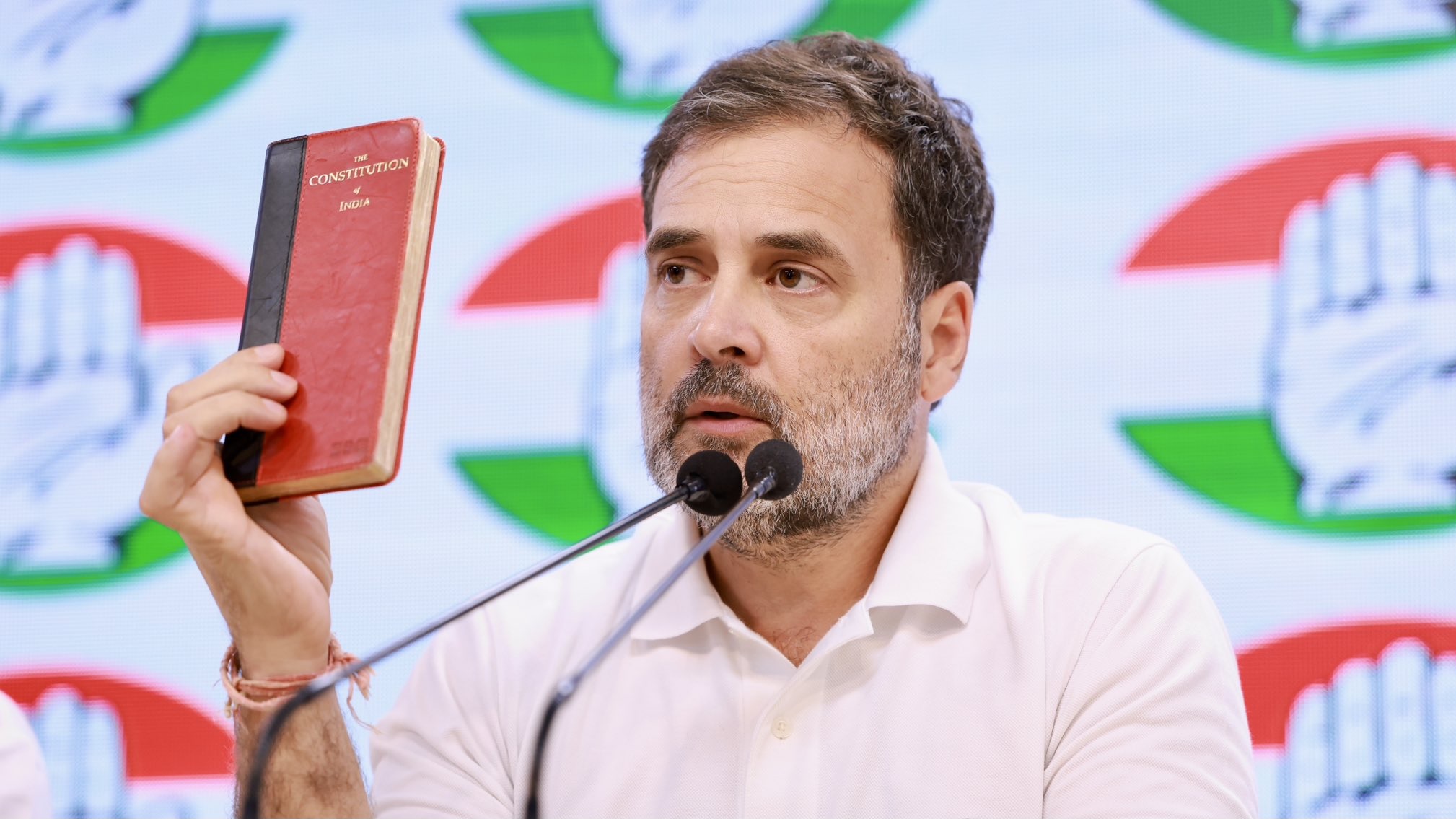The ruling right-wing Bharatiya Janata Party (BJP) failed to secure a majority in India’s national elections. The results for the seven-phase elections were announced on Tuesday, June 4. As per the latest results, the ruling BJP has only scored 240 odd seats out of a total of 543. This would mean that though it is still the largest party in the Indian parliament, it would have to rely on its coalition partners to form a government unlike in the previous two terms.
The National Democratic Alliance (NDA) led by the BJP has secured around 290 seats, around 20 more than the majority mark of 272.
While the Congress-led center-left alliance challenging the ruling BJP and NDA failed to secure a majority, it called the results a moral victory. The Indian National Democratic Inclusive Alliance or simply INDIA, managed to secure around 230 seats. It still hopes to form a government in an alliance with other parties.
The left parties which were part of the INDIA alliance also increased their share in the parliament by winning an estimated eight seats, three more than the last time.
Speaking to the press, the leader of the Congress Rahul Gandhi claimed that the results indicate discontent with the BJP’s attempts to destroy India’s constitution. The leader of Congress called it a loss for BJP’s politics.
Sitaram Yechury, the general secretary of Communist Party of India (Marxist) said that these election results would make sure that the one party “dictatorial” rule, atrocities on religious minorities, and the assault on India’s secular values and institutions will not go unchallenged as “there is a greater scope for popular resistance” now.
Elections in India were held in seven phases between April 19 and June 1. Over 60% of eligible voters participated in these elections.
Victory against the politics of hate and polarization
The center-left opposition parties had accused the right-wing BJP of trying to polarize the people on religious lines by demonizing minorities, especially Muslims, and fighting the election on a religiously charged agenda. Opposition leaders have claimed that the results so far prove that the center-left alliance was able to counter this decisive agenda with a focus on the issues of social justice and economic well being of the people.
In the last elections in 2019, the BJP alone had won over 303 seats and along with its allies it had around 350 seats. The Congress and other major parties were decimated with less than 100 seats.
Since coming to power in 2014, the BJP central government has introduced several changes in India’s laws and constitution which the opposition has been claiming are threatening to India’s foundational principles of diversity and tolerance. The BJP has also been accused of threatening the opposition and launching a systematic prosecution of the dissenting voices in the country. Several opposition leaders and activists have been in jail for years now, some even without a charge sheet and trial. The INDIA alliance had made the diminishing democratic space in the country one of the major issues in the election, accusing BJP of trying to sabotage the pluralist values of the Indian constitution.
Worsening economic conditions for the majority of people with rising unemployment among the educated youth in the country, rising inequality, and rising prices were other major election issues highlighted by the opposition.
Final results are expected by late night on Tuesday.





